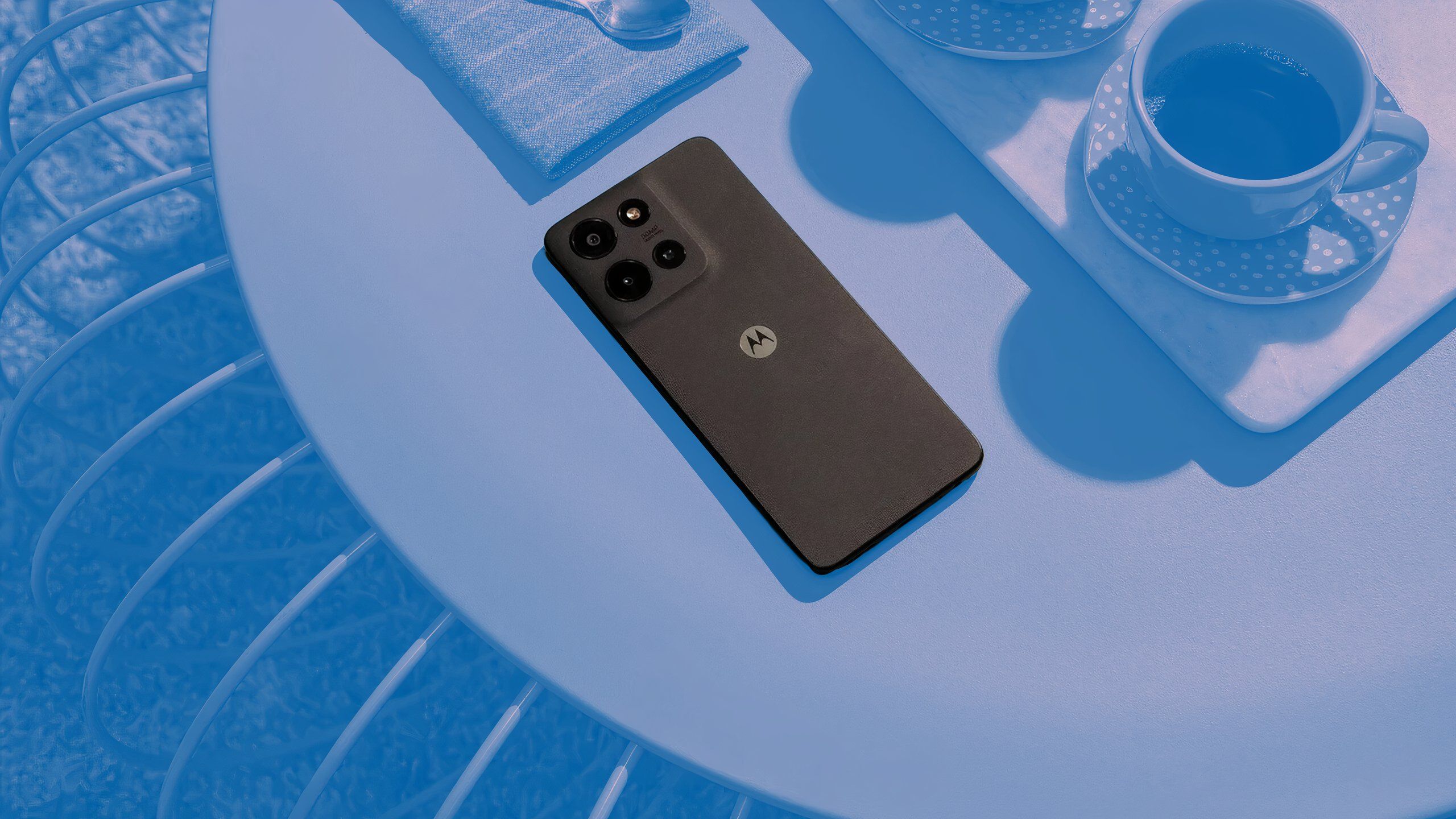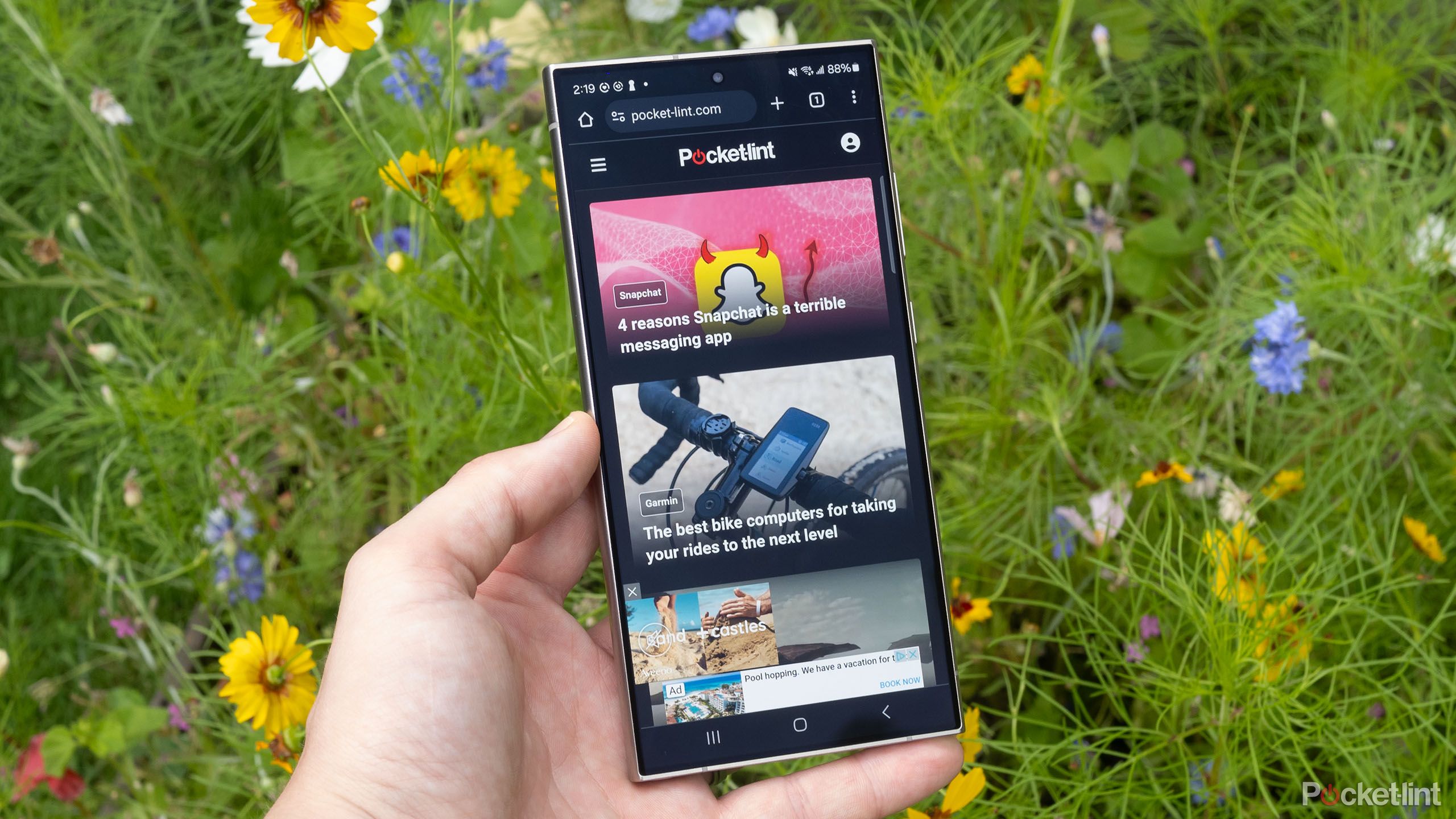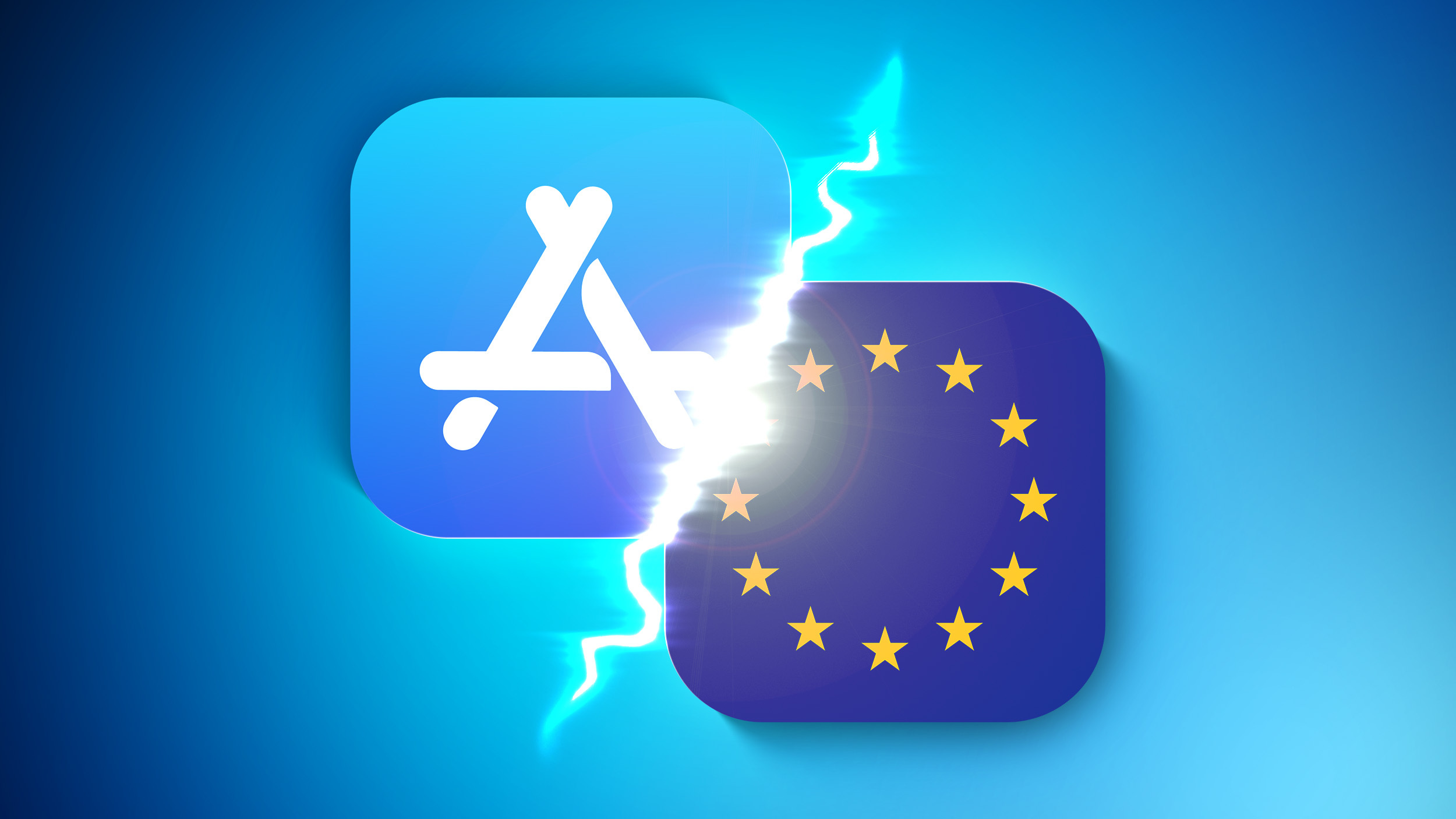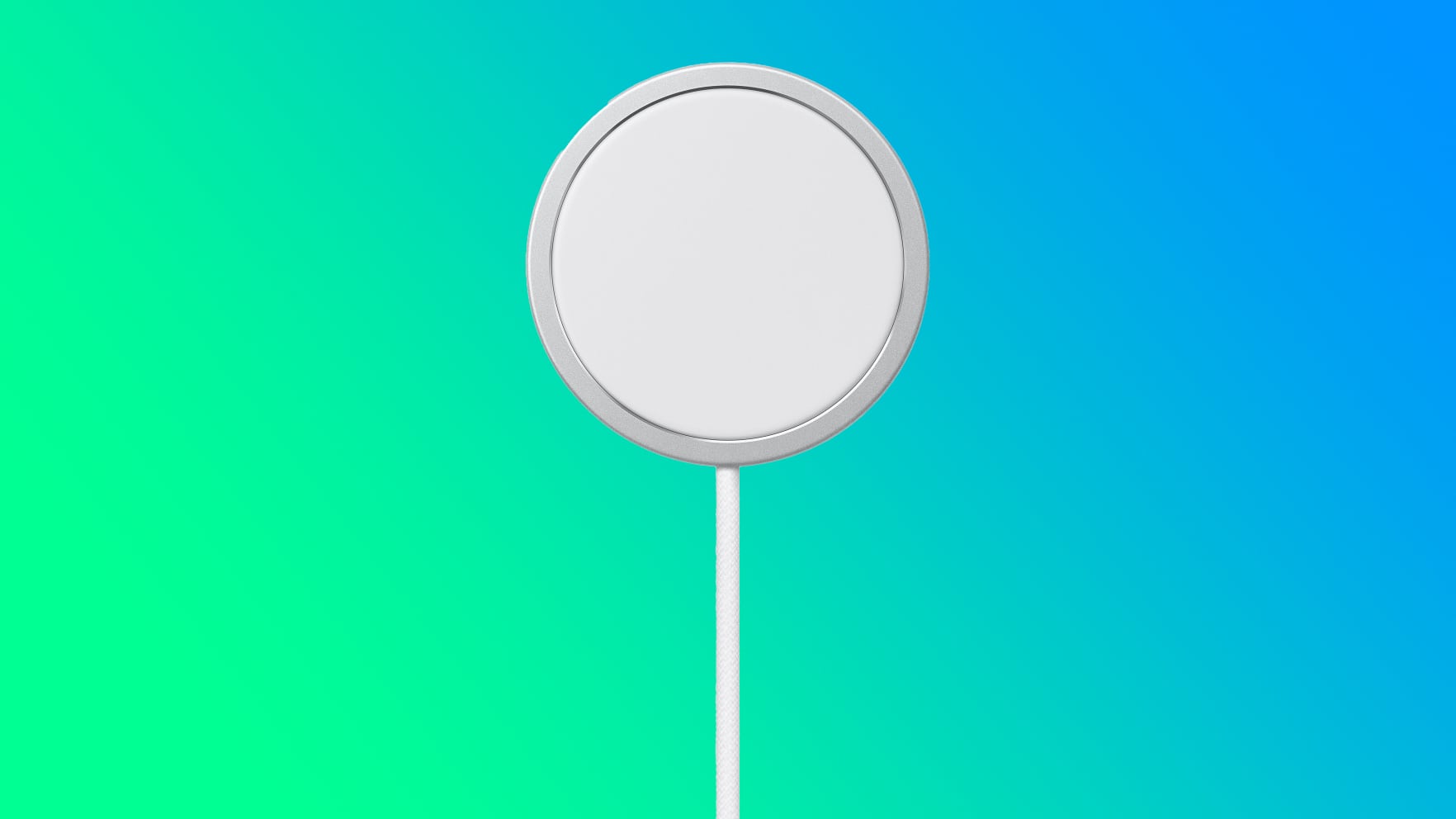Fitbit Charge 5 arrives with thinner design, EDA sensor, ECG app and new Daily Readiness feature
Fitbit has officially announced the next iteration of its flagship fitness tracker, the Fitbit Charge 5.
The confirmation follows weeks of extensive leaks regarding the tracker’s design, specs and features, and now we have all the details. That includes the price and release date, with the latest Charge available for £169.99 / $179.95 when it ships this fall.
From a design perspective, Fitbit has pivoted away from the boxy shape of the previous two Charge generations, instead favouring a thinner, more rounded and sleek tracker.
This is backed up by a brighter, AMOLED colour touchscreen, with a battery life that Fitbit says will still be able to reach around seven days – an estimation we’d expect to come down slightly if you enable the new always-on display option.
Aside from the overdue redesign, the Charge 5’s will also mark the debut of Daily Readiness, a new metric from Fitbit that will also soon land on the Sense, Versa 3, Versa 2, Luxe and Inspire 2.
By digging into your activity, heart rate variability and sleep data, Fitbit is now able to deliver a Daily Readiness score, as well as details on what affected the score and recommendations based on the information.
It’s fairly explanatory, of course, but the idea here is that the Charge 5 could now point you in the right direction if you slept poorly or had an activity-heavy day previously and weren’t sure whether to prioritise rest, active recovery or a HIIT workout.
Naturally, as with other Charge devices, there’s also built-in GPS on hand for untethered location tracking, 20 different exercise modes and VO2 Max estimates.
Restful periods are tracked, as well, with metrics such as Sleep Score, Sleep Stages and SmartWake alarms joined with more advanced health information, including breathing rate, SpO2 estimates, skin temperature variation and ECG readings (with the app coming soon, Fitbit says).
A key new driver in some of these new tracked elements is the EDA sensor, something that debuted on the Fitbit Sense. This is essentially a stress monitor, measuring the body’s response through changes in the user’s finger sweat glands, which will feed into the Stress Management Score within the Fitbit app.
As you would expect, some of these features (including Daily Readiness) require a Fitbit Premium membership to use or get the most out of the experience, though the company does note that six months of the subscription service comes free with the purchase of a Charge 5.
We’ll be testing Fitbit’s latest tracker out over the coming weeks as part of a full review, but the initial signs look solid. On paper, this looks like a much more comprehensive health tracking device than previous generations – and helps cement the area as Fitbit’s speciality.
Until we know how this one feels on the wrist for sure, though, be sure to check out our Charge 5 comparison with the Charge 4 and Charge 3.




